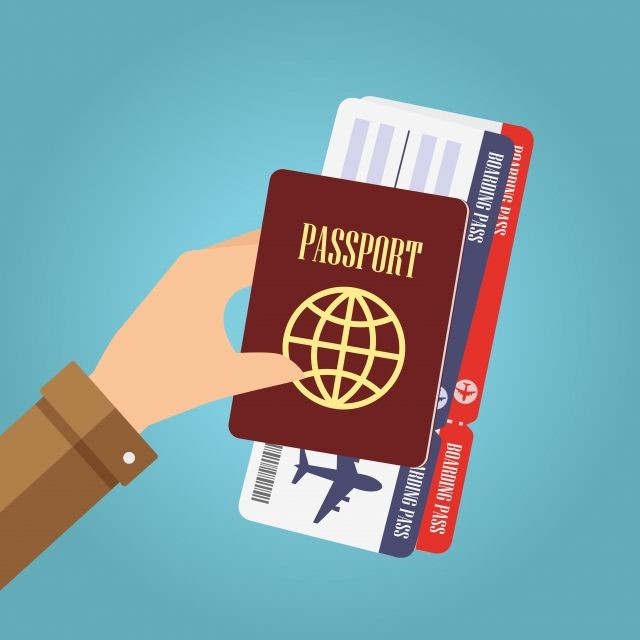Obtaining a passport is essential for international travel, but many individuals with criminal records wonder if they are eligible. The question, “Can a felon get a passport?” is commonly asked by those with past felony convictions. While having a felony can complicate the process, it does not automatically disqualify someone from obtaining a U.S. passport. This article explores the eligibility criteria, potential restrictions, and the steps felons can take to secure a passport.
Understanding Passport Eligibility
A passport is an official government-issued document that allows U.S. citizens to travel internationally. The U.S. Department of State is responsible for issuing passports and determines eligibility based on legal guidelines. So, can a felon get a passport? The short answer is: in most cases, yes. However, there are exceptions that may prevent a felon from obtaining one.
Felony Convictions and Passport Restrictions
Although a felony conviction does not automatically bar someone from getting a passport, certain circumstances can lead to a denial. These include:
1. Drug-Related Felonies
Felons convicted of international drug trafficking crimes may be ineligible for a passport. Under federal law, if a person was convicted of a drug-related offense involving the crossing of international borders, their passport application could be denied. So, can a felon get a passport if they have a history of drug trafficking? The answer depends on the severity and nature of the crime.
2. Outstanding Warrants or Probation
A felon currently facing criminal charges, serving probation, or with an outstanding warrant may be denied a passport. The government does not allow individuals with unresolved legal issues to obtain travel documents. Therefore, if someone asks, “Can a felon get a passport while on probation?” the answer is generally no.
3. Child Support Arrears
Though not directly related to felony convictions, owing more than $2,500 in child support can result in a passport denial. This rule applies to felons and non-felons alike.
4. Court-Ordered Travel Restrictions
In some cases, a court may prohibit a felon from leaving the country. If a judge has placed such a restriction, a felon’s passport application will be denied.
How a Felon Can Apply for a Passport
If a felon meets the eligibility requirements, they can apply for a passport like any other U.S. citizen. The process involves the following steps:
1. Gather Required Documents
Applicants must provide proof of citizenship (such as a birth certificate or naturalization certificate), a government-issued ID, a passport photo, and the required fees.
2. Complete the Passport Application
The standard application form (DS-11) must be completed and submitted in person at an acceptance facility, such as a post office or passport agency.
3. Pay the Fees
The standard application fee must be paid, and expedited service is available for an additional cost.
4. Await Approval
After submitting an application, processing typically takes 6-8 weeks. Expedited processing may reduce this to 2-3 weeks.
Can a Felon Get a Passport After Serving Time?
Many felons wonder if they can apply for a passport after serving their sentence. The answer depends on whether their civil rights have been restored and if they meet all other eligibility criteria. If there are no outstanding warrants, travel restrictions, or financial obligations, they may obtain a passport.
Can a Felon Travel Internationally?
Even if a felon secures a passport, international travel depends on the destination country. Some countries, like Canada and the UK, have strict entry policies for felons. Before making travel plans, felons should check the entry requirements of the country they wish to visit.
Final Thoughts
So, can a felon get a passport? In most cases, yes. However, certain legal and financial barriers may prevent a felon from obtaining one. Understanding the eligibility requirements and following the correct application procedures can improve the chances of securing a passport and traveling internationally.
